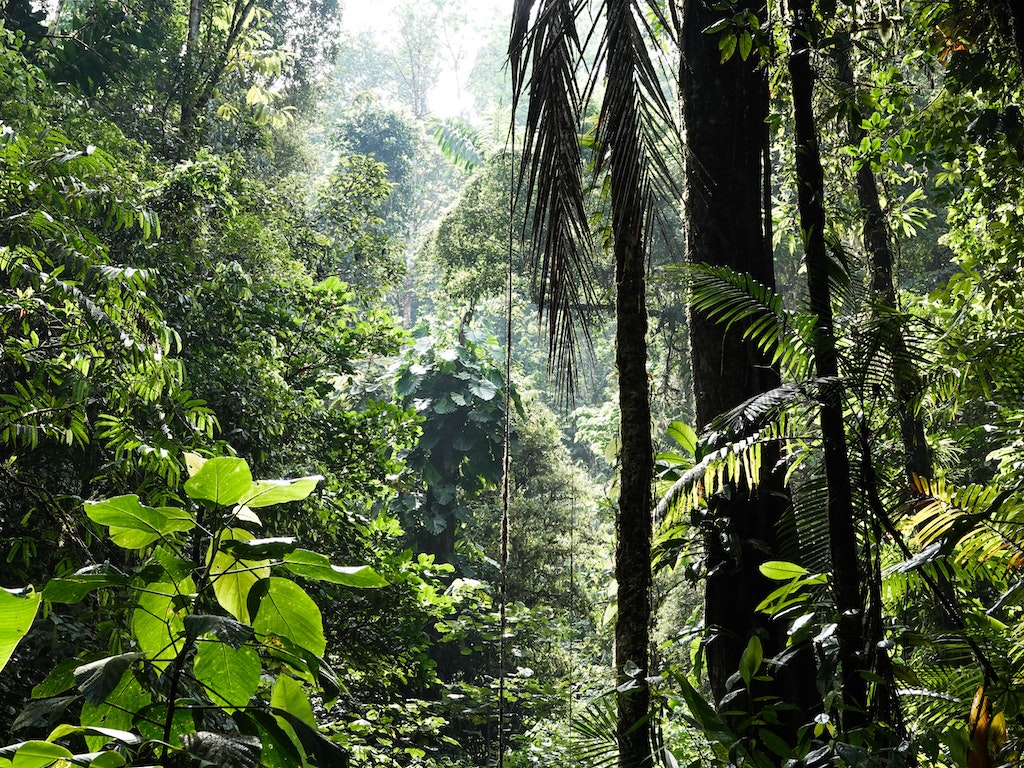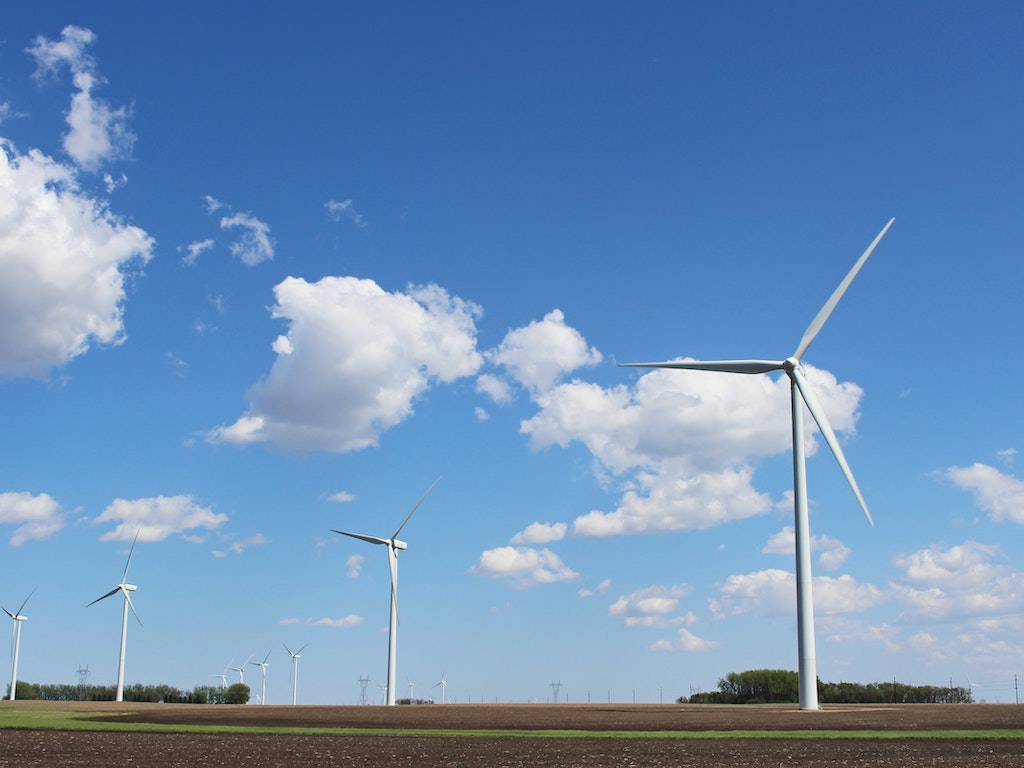4 Mins Read
Until now, many of our global efforts to tackle biodiversity loss and climate change have been done separately from each other. Scientists are now calling for a new approach that takes both issues as intrinsically linked—we can’t solve one without the other.
This is the core message of what is the first collaborative report between experts from the United Nations Intergovernmental Panel on Climate Change (IPCC) and the Intergovernmental Science-Policy Platform on Biodiversity and Ecosystem Services (IPBES). According to the team of 50 scientists selected by the 12-person committee selected by the two bodies, biodiversity loss and climate change are both driven by human economic activities and are mutually reinforcing.
Solutions must ‘address synergies’ between the two
Treating them as separate issues so far has not been successful, says the team of leading biodiversity and climate experts. Instead, the world will benefit from “addressing the synergies” between the two, while also factoring in their social impacts in order for the planet to meet the Paris agreement and Sustainable Development Goals (SDGs).
“Human-caused climate change is increasingly threatening nature and its contributions to people, including its ability to help mitigate climate change. The warmer the world gets, the less food, drinking water and other key contributions nature can make to our lives,” explains Professor Hans-Otto Pörtner, co-chair of the Scientific Steering Committee that put together the four-day virtual workshop that led to the report being produced.
“Changes in biodiversity, in turn, affect climate, especially through impacts on nitrogen, carbon and water cycles,” Pörtner continues.

“Solving some of the strong and apparently unavoidable trade-offs between climate and biodiversity will entail a profound collective shift of individual and shared values concerning nature—such as moving away from the conception of economic progress based solely on GDP growth, to one that balances human development with multiple values of nature for a good quality of life, while not overshooting biophysical and social limits.”
Changes in biodiversity, in turn, affect climate, especially through impacts on nitrogen, carbon and water cycles.
Professor Hans-Otto Pörtner, Co-Chair, IPBES-IPCC Scientific Steering Committee
Nature-based measures can make a big impact on biodiversity and climate
The authors of the IPBES-IPCC report highlighted several key measures that are positive for both biodiversity and climate change. Topping the list was putting an end to the degradation of carbon and species-rich ecosystems on land and sea—especially our forests and wetlands, and mangroves and deep water habitats.
Beyond that, we must restore these ecosystems too. According to the scientists, restoration is “among the cheapest and quickest nature-based climate mitigation measures to implement”. This could help boost the habitat area for both plants and animals, in turn improving resilience to climate disasters such as foods, as well as other natural ecosystems that humans rely on for food and livelihoods—soil and water quality, pollination and coastal protection.

Moreover, scientists say we must implement more sustainable agricultural and forestry practices, such as agroecology approaches, diversification of crop species and reducing fertiliser use. Creating better-targeted conservation actions will also be vital, while subsidies supporting actions harmful to biodiversity—overfishing, deforestation, overfertilisation—must be eliminated altogether.
Notably, the need for more policies to focus on more sustainable individual consumption patterns was highlighted by the experts. In general, we all need to be “reducing loss and waste, and shifting diets, especially in rich countries, toward more plant-based options.”
Not all climate adaptation is beneficial for biodiversity
If we don’t treat the two issues as inextricably linked, we risk causing more harm to biodiversity, which then in turn causes negative consequences for our climate too.
Examples include planting trees in ecosystems that were not historically forests, or reforestation projects that are essentially monocultures of a single exotic tree species.
“This can contribute to climate change mitigation but is often damaging to biodiversity, food production and other nature’s contributions to people, has no clear benefits for climate adaptation, and may displace local people through competition for land,” wrote the experts.

Other instances include renewable energy projects that consume huge amounts of land, or prompt a surge in mining activity in nearby regions.
Transformative change in all parts of society and our economy is needed to stabilise our climate, stop biodiversity loss and chart a path to the sustainable future we want.
Ana María Hernández Salgar, Chair, IPBES
Dramatic reduction in greenhouse gas emissions still needed
While nature-based solutions will help solve climate and biodiversity, these measures won’t be effective without a dramatic slash in our current level of greenhouse gas emissions, emphasised the IPBES-IPCC report.
“Land and ocean are already doing a lot—absorbing almost 50% of CO2 from human emissions—but nature cannot do everything,” said Ana María Hernández Salgar, chair of IPBES.
“Transformative change in all parts of society and our economy is needed to stabilise our climate, stop biodiversity loss and chart a path to the sustainable future we want. This will also require us to address both crises together, in complementary ways.”
All images courtesy of Unsplash.




